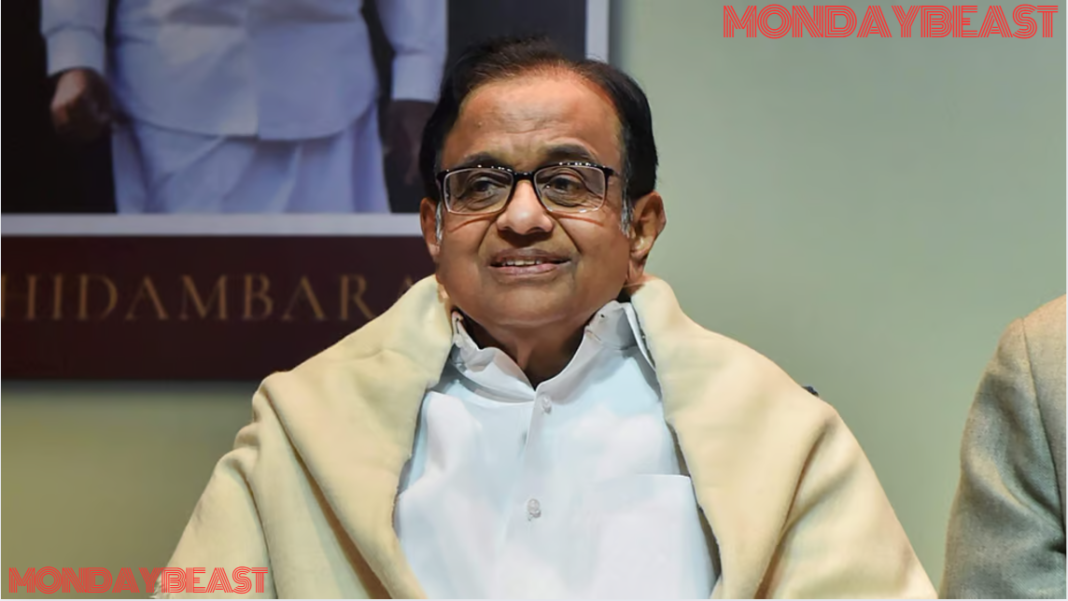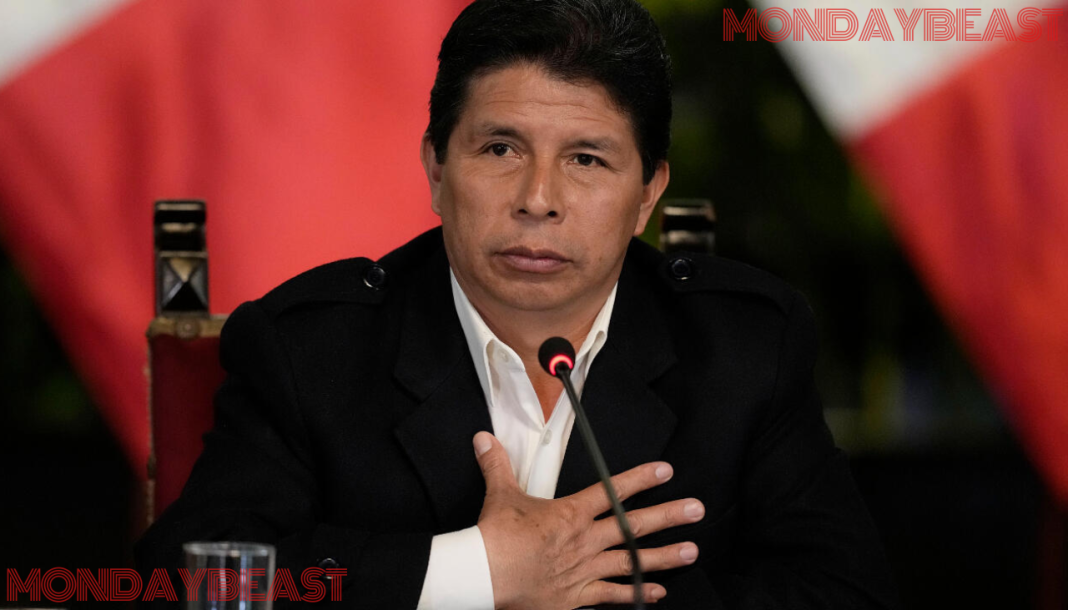Background of the Current Tensions
The tension in Manipur has reached a boiling point. It’s not just political; it’s deeply personal for many. The ethnic divide has been growing. Protests, violence, and tragic losses have haunted families. In this chaotic backdrop, Congress leaders are demanding accountability within their own ranks.
The rising violence in Manipur is alarming. Just weeks ago, the state witnessed brutal incidents. A Kuki woman was reportedly murdered by members of a Meitei group. Such heinous acts breach the limits of human decency. How many lives must be lost before lasting solutions are found?
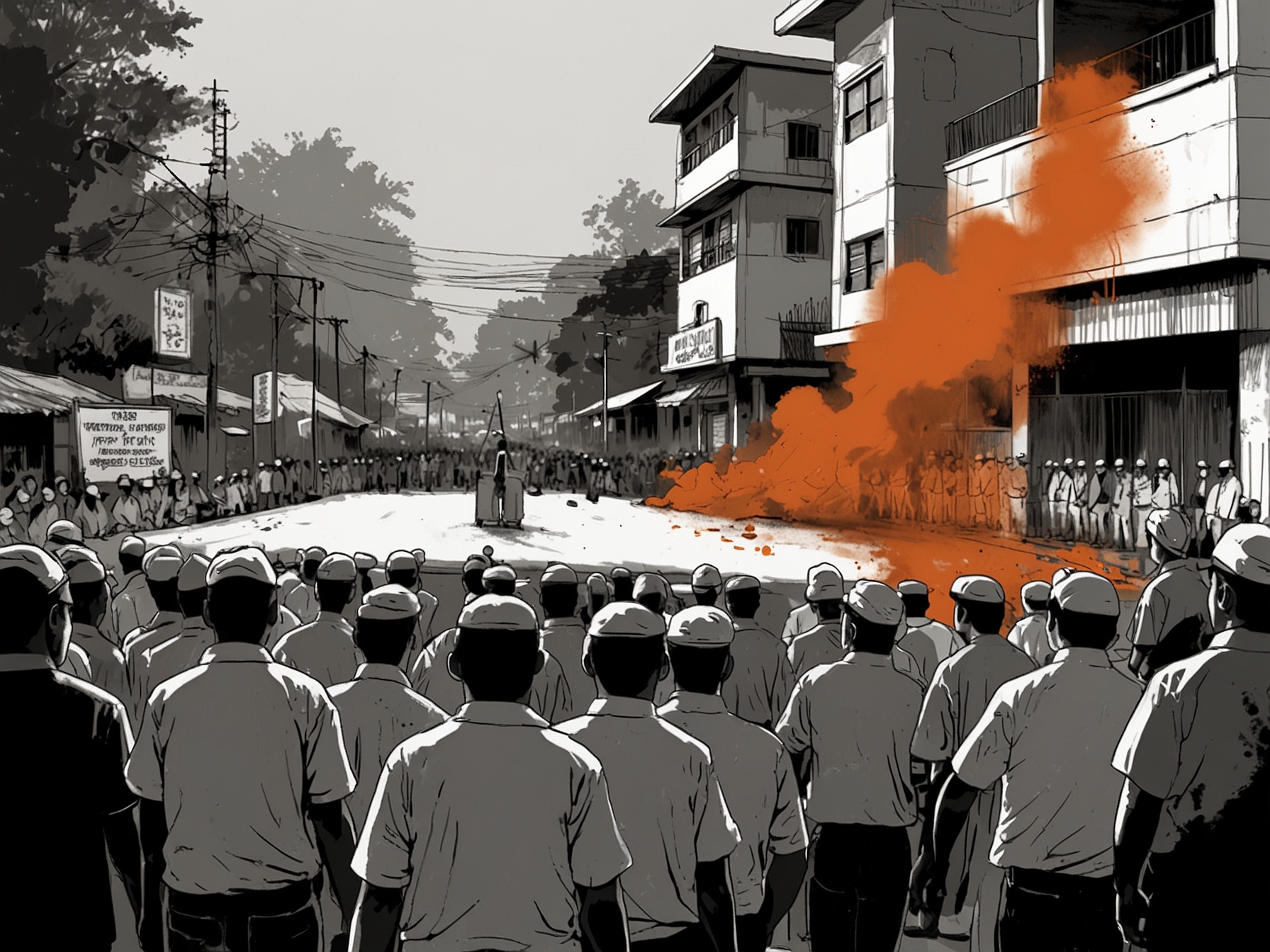
In this fractured environment, one senior leader’s remarks have sparked outrage. P. Chidambaram’s now-deleted social media post didn’t just stir controversy. It challenged the status quo, suggesting that the central government’s actions aren’t enough. His opinions are not mere words; they deepen the wounds.
Chidambaram’s Controversial Social Media Statement
Chidambaram’s statement claimed adding more CAPF personnel wouldn’t resolve issues in Manipur. Instead, he called for accountability, urging the removal of Chief Minister N Biren Singh. In his view, Singh is a key figure in the ongoing crisis.
Many felt Chidambaram’s words were inappropriate. The state Congress leaders expressed this view in a letter to Mallikarjun Kharge, the party chief. Their message was clear—the leader’s tone was ill-timed.
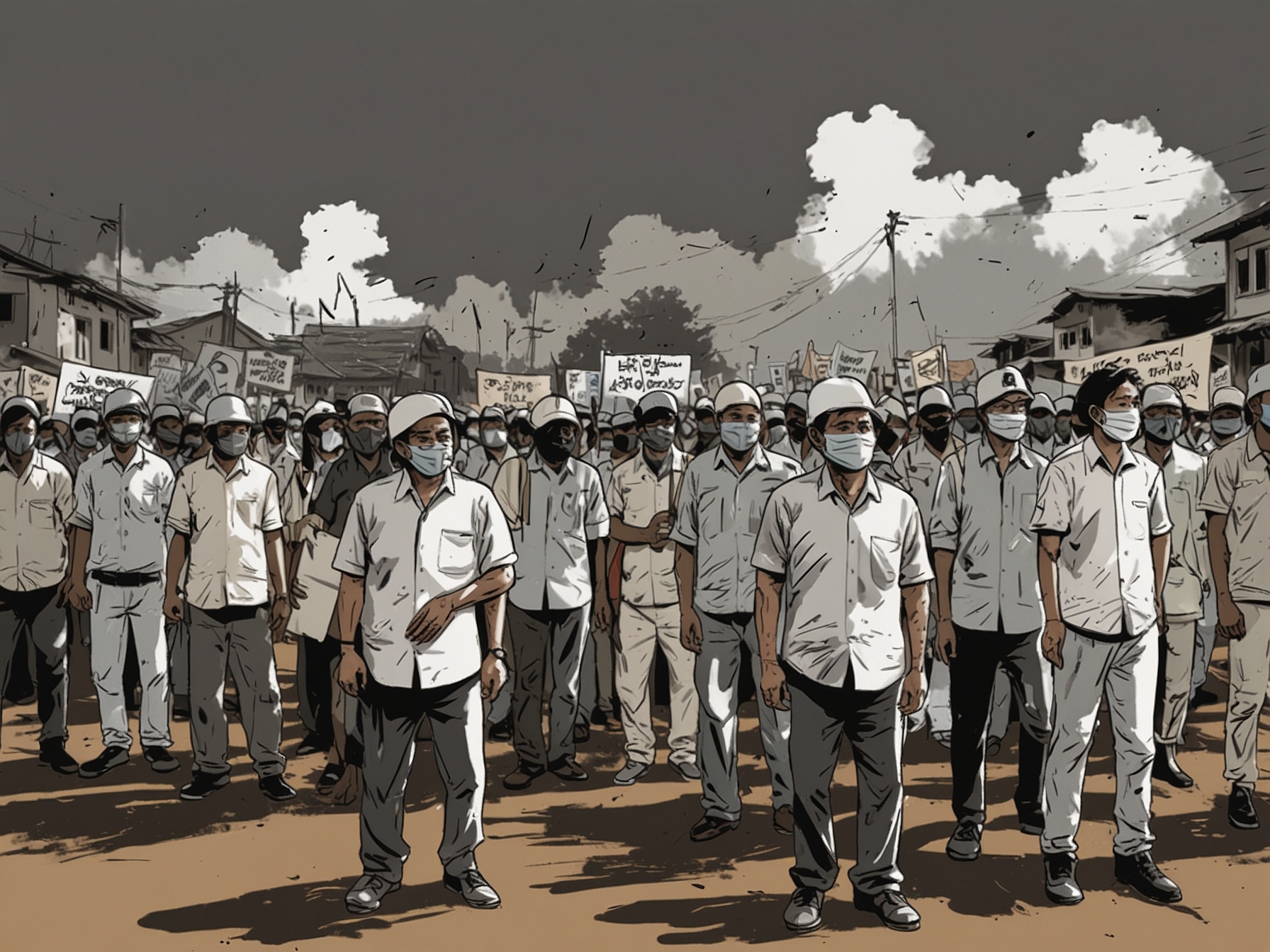
The regional dynamics are complex. Chidambaram suggested better regional autonomy for the Meitei, Kuki-Zo, and Naga communities. His call for the PM to demonstrate humility is a bold ask. Leaders are often distant from the realities of those they govern.
Responses from Political Figures
As expected, Chief Minister Singh did not take the critique lightly. He accused Chidambaram of creating chaos in Manipur. From his perspective, the Congress party’s past actions have led to this turmoil.
Singh’s defense isn’t without its own flaws. He points fingers at past Congress leaders. But this isn’t merely a game of blame; real human suffering is at stake. Can past failings justify current pain?
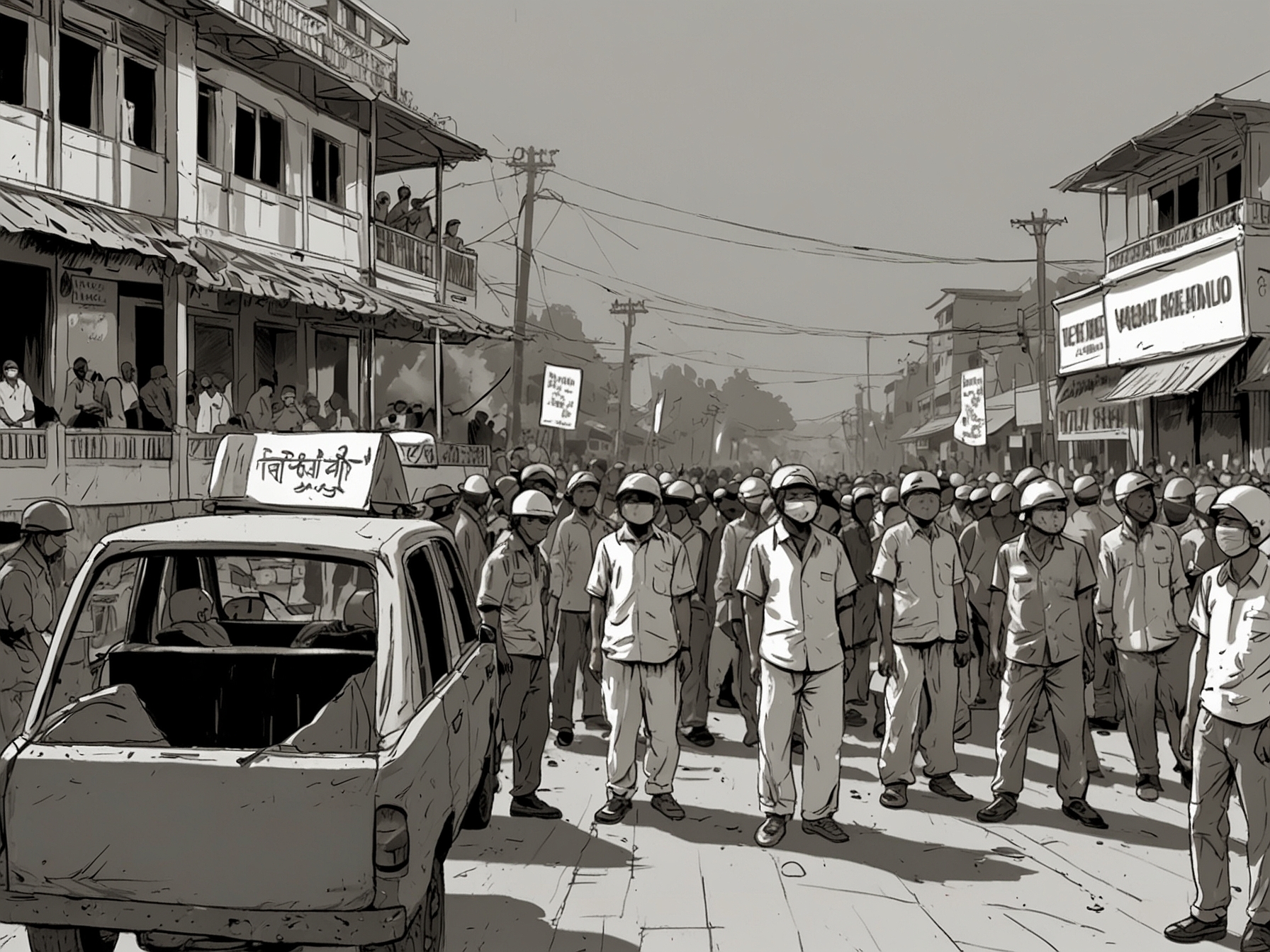
The back-and-forth contributes to a culture of mistrust. Instead of collaborative leadership, we see more divisions in the party. The result? A populace yearning for stability but receiving only discord.
The Consequences of Violence in Manipur
The recent murder triggered a series of violent acts. Reports tell of brutal retaliations. Whole families became collateral in a larger power struggle. As Kuki-Zo groups clamored for justice, tensions rose. What results when communities are pushed to their limits?
Amid this, curfews were imposed. The tranquility of local life was shattered. Business owners watched their livelihoods crumble, creating economic despair. Many families had to choose between safety and survival, a heartbreaking choice.
It’s a cycle that feeds on itself. The violence escalates with each act of aggression. Where will this land? Leaders need to step back and listen. Genuine dialogue might offer pathways to peace.
Calls for Unity and Action
The demands from state Congress leaders highlight a broader issue. Unity amidst chaos can’t thrive without personal accountability. They called for swift actions against Chidambaram. They expressed their commitment to protecting Manipur’s integrity. But how can they do that when division brews within their ranks?
Leaders are looking for a united front. They insist on prioritizing the emotional scars of current residents. The ripples of pain are felt through families, friends, and communities. But will enough be done to heal these wounds?
The letter sent to Kharge emphasizes addressing the risks of miscommunication within the party. When voices clash, the message muddles. The party’s message of unity stands in jeopardy.
Conclusion: Navigating Complex Politics
So where does this leave Congress in Manipur? A party that preaches unity finds itself fragmented. As ethnic tension mounts, their ability to lead is increasingly questioned. There should be a collective vision, not one shadowed by finger-pointing.
In a world increasingly polarized, finding common ground seems essential now more than ever. Will Congress manage to resolve its internal strife? Or will the rising discord continue to sink them deeper into the fray? As we watch this narrative unfold, the stakes are as high as ever.

